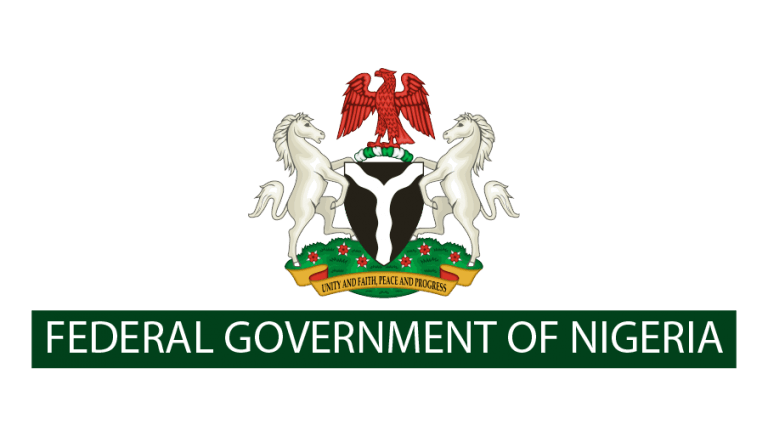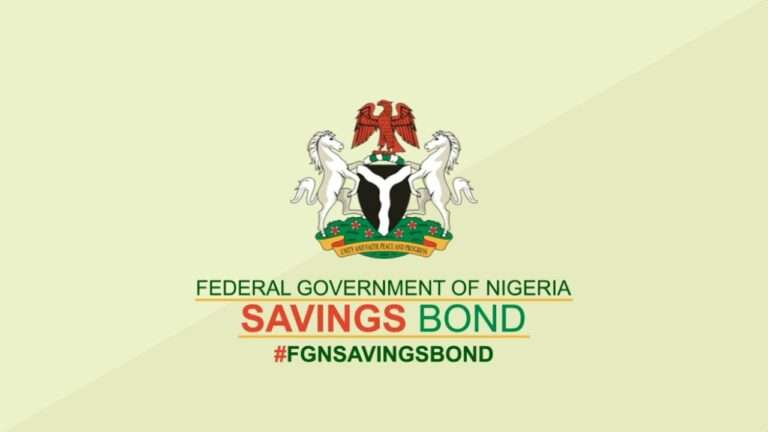Nigeria’s total public debt has risen to ₦149.95 trillion (about $108.3 billion) as of March 31, 2025, according to new data released by the Debt Management Office (DMO). This amount reflects a 24.99% increase from the ₦119.7 trillion recorded at the end of December 2024.
The increase is mainly due to new domestic borrowing to fund the 2025 national budget and the depreciation of the naira against major international currencies. Of the total debt, ₦65.65 trillion is external debt, and ₦84.3 trillion is domestic debt.
The DMO highlighted that the inclusion of new loan disbursements and the effect of exchange rate movements on foreign debt were key drivers of the rise.
“The increase was primarily due to new borrowing by the federal government to partly finance the 2025 budget deficit and the depreciation of the naira,” the statement said. Nigeria has adopted a naira exchange rate of over ₦1,400/$ in recent months, compared to about ₦900/$ used in earlier debt calculations.
The public debt profile includes the debt obligations of the Federal Government, the 36 state governments, and the Federal Capital Territory (FCT).
Analysts warn that the rising debt burden could worsen Nigeria’s fiscal pressure, as debt servicing costs already take up a significant portion of government revenue. In 2024, the debt service-to-revenue ratio exceeded 70%, raising concerns about fiscal sustainability.
Despite mounting debt, the federal government insists that its borrowing remains within sustainable limits and is necessary to fund critical infrastructure and stimulate economic growth.
However, experts continue to call for improved revenue generation, reduced recurrent spending, and tighter debt management measures to prevent future fiscal difficulties and stress.




